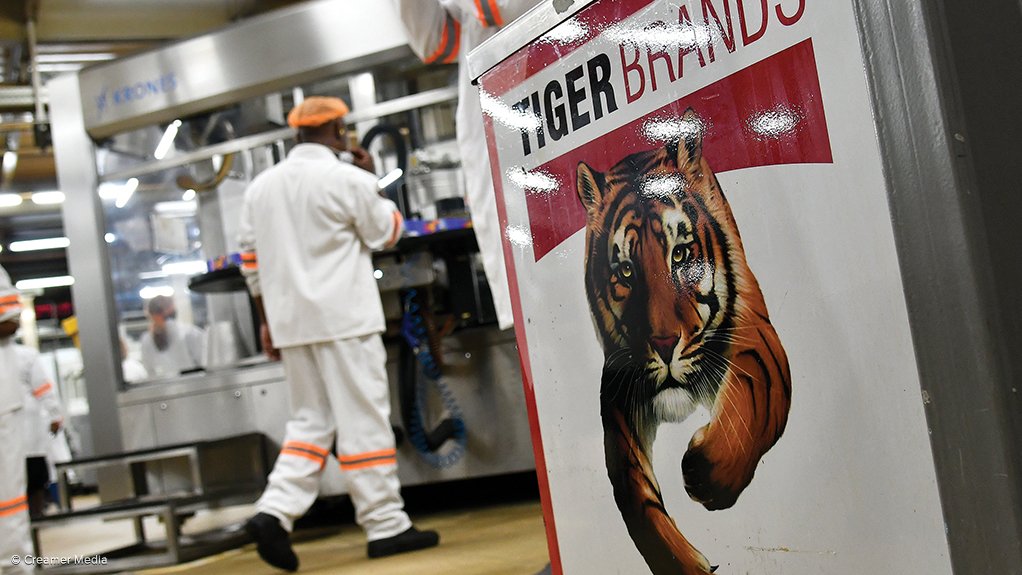Business
Tiger Brands Moves to Settle Listeriosis Claims Seven Years After Deadly Outbreak

Seven years after the deadliest foodborne disease outbreak in South African history, Tiger Brands has agreed to settle specific claims in the listeriosis class action lawsuit. The outbreak, which occurred in 2017/18 and was traced back to polony manufactured at the now-shuttered Enterprise Foods facility in Polokwane, claimed at least 218 lives and sickened more than 1,000 people.
In a statement issued on Monday, 12 May 2025, Tiger Brands confirmed that attorneys representing its lead reinsurer, QBE Insurance Group, had made a settlement offer to the plaintiffs’ legal team. The offer, presented on 25 April, aims to compensate claimants under Section 61 of the Consumer Protection Act, which governs liability for harm caused by defective products.
While the company maintains that this settlement is not an admission of liability, the move is seen as a pivotal moment in the prolonged fight for justice by affected families. CEO Tjaart Kruger described it as “an important milestone” and highlighted previous steps, such as interim relief for claimants with urgent medical needs, as signs of the company’s willingness to resolve the matter.
Who Qualifies Under the Settlement?
The settlement applies to specific categories of victims:
-
Individuals who contracted listeriosis (or whose mothers did) due to the ST6 strain,
-
Dependents of breadwinners who died from ST6-related listeriosis, and
-
Caregivers of legal dependents who contracted the illness.
These claimants will receive compensatory damages—pending proof and acceptance of the offer. Legal teams representing the class action, including Richard Spoor Inc. and LHL Attorneys, welcomed what they described as an “effective admission of liability,” citing conclusive scientific evidence from the National Institute for Communicable Diseases (NICD) that tied the outbreak to Tiger Brands’ Polokwane plant.
Scientific Evidence and Accountability
NICD’s release of DNA sequencing data from 403 ST6 bacterial samples—collected from patients, food, and the factory environment—has been central to the case. Global experts and even Tiger Brands’ own scientists confirmed that the strains were genetically linked, forming the scientific backbone of the plaintiffs’ claims.
Veteran health activist Mark Heywood, who has long advocated for the victims, called the company’s action overdue but significant.
“It’s shocking that it has taken Tiger Brands seven years to admit the obvious. But now that it has, I call on it to embrace its responsibility… There are a lot of people still suffering. They deserve an apology, finality, and justice,” Heywood said.
What Happens Next?
According to Tiger Brands, the plaintiffs’ legal team will now reach out to qualifying claimants to assess their damages. However, the proposed settlement must be submitted to the High Court for final approval, ensuring that the structure is fair and just for all involved.
The claimants’ attorneys acknowledged the challenges ahead, especially identifying victims who have not yet come forward. The Minister of Health has reportedly committed to supporting this process by facilitating access to Department of Health records.
While the path to resolution remains complex, this agreement signals a long-awaited shift toward accountability in South Africa’s food industry. For the families affected, it brings the hope of closure after years of legal battles, unanswered questions, and immeasurable pain.
{Source: Daily Maverick}
Follow Joburg ETC on Facebook, Twitter , TikTok and Instagram
For more News in Johannesburg, visit joburgetc.com



























